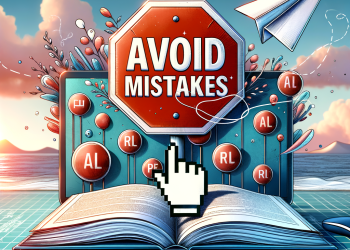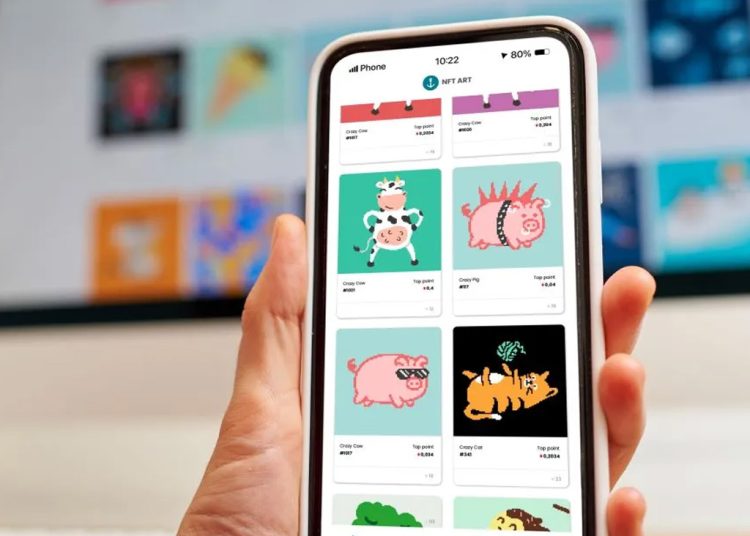NFTs Beyond Art: Must-Have Web3 Ideas for Best Profits
NFTs have revolutionized the digital world by transforming the way we understand ownership and value. While many initially associate NFTs with digital art, their potential extends far beyond this realm. In fact, the intersection of NFTs and Web3 technology opens up exciting new opportunities for innovation and profit in diverse industries. This article explores some of the must-have Web3 ideas that leverage NFTs for best profits, helping creators, entrepreneurs, and investors capitalize on this evolving ecosystem.
Understanding NFTs and Web3
To appreciate the breadth of possibilities, it’s important to clarify what NFTs and Web3 represent. NFTs, or non-fungible tokens, are unique digital assets verified on a blockchain, making them tamper-proof and provably scarce. Web3 refers to the next generation of the internet, where decentralized technologies empower users with greater control over data, identity, and transactions.
Together, NFTs and Web3 create a powerful framework for decentralized ownership, transparent interactions, and novel monetization models. Exploring ideas beyond the realm of digital paintings or collectibles can unlock significant value in industries like gaming, music, real estate, and more.
Gaming: Play-to-Earn Meets NFTs and Web3
One of the most promising arenas where NFTs and Web3 shine is gaming. Unlike traditional games, Web3-enabled games allow players to truly own in-game assets through NFTs. These assets can be characters, weapons, skins, or even virtual land, and owning them provides real-world value.
Play-to-earn (P2E) models reward players with NFTs or cryptocurrency, turning leisurely activities into income streams. This approach motivates communities to engage more deeply, fostering vibrant economies within games. Additionally, NFTs enable interoperability—players can use assets across multiple games, creating a seamless and rewarding experience.
For developers, integrating NFTs into their games not only drives user retention but also opens revenue models such as asset sales, royalties from secondary markets, and token staking.
Music and Entertainment: Redefining Ownership and Revenue
The music industry is undergoing a paradigm shift, and NFTs play a critical role. Artists can create NFT-based music albums, concert tickets, or exclusive fan experiences, granting ownership rights that were previously impossible to distribute digitally.
Fans, meanwhile, gain a sense of connection and exclusivity by owning limited edition NFTs that might provide access to backstage passes or private events. Smart contracts ensure artists receive royalties automatically from secondary sales, fostering transparent and continuous revenue.
Beyond music, entertainment sectors like film and theater can tokenize scripts, scenes, or tickets, creating new engagement models powered by Web3.
Virtual Real Estate: Monetizing Digital Land and Spaces
As the metaverse expands, virtual real estate is becoming a hot commodity. NFTs are the foundation for owning, trading, and developing digital land across various metaverse platforms.
Owners can monetize their properties by leasing virtual retail space, hosting events, or creating immersive experiences that attract users. Just like physical real estate, scarcity and location influence value, with premium parcels commanding significant profits.
Furthermore, Web3 enables decentralized governance models where virtual landowners participate in decision-making via blockchain-based voting, reinforcing community-built ecosystems.
Intellectual Property and Licensing: Secure and Transparent Rights Management
Intellectual property (IP) rights management has long been plagued by transparency issues and intermediaries taking hefty fees. NFTs provide a clear ledger of ownership, licensing, and royalty arrangements, revolutionizing how IP is controlled and monetized.
Brands and creators can tokenize patents, trademarks, or copyrights, allowing buyers to purchase limited licenses or transfer rights without ambiguity. This reduces potential disputes and streamlines licensing workflows.
Platforms built on Web3 can automate royalty payments and license renewals with smart contracts, ensuring creators get fair compensation and investors see reliable returns.
Tokenized Memberships and Communities: Building Engaged Networks
Another profitable Web3 idea is tokenized memberships through NFTs. Organizations, influencers, or brands can issue NFT-based memberships that grant access to exclusive content, perks, or governance rights within communities.
These tokens act as digital keys, enhancing loyalty while providing a scalable monetization mechanism without relying on traditional subscription models. Holders often gain voting power to influence decisions, creating a democratized environment.
Community-driven projects using NFTs build long-term value by aligning interests between organizers and participants, fostering vibrant ecosystems that sustain continued growth.
Conclusion: Pioneering Profits in the Web3 Era
NFTs have far-reaching utility when paired with Web3 technologies. From gaming and music to virtual real estate, intellectual property, and communities, these ideas are redefining how value is created, shared, and retained.
By embracing NFT-based innovations beyond art, entrepreneurs and investors can unlock new profit avenues and drive the next wave of digital transformation. Staying informed and adapting to these trends early will ensure greater success in the rapidly evolving Web3 landscape. Whether you are a developer, creator, or trader, the future of NFTs in Web3 holds incredible promise waiting to be tapped.







































